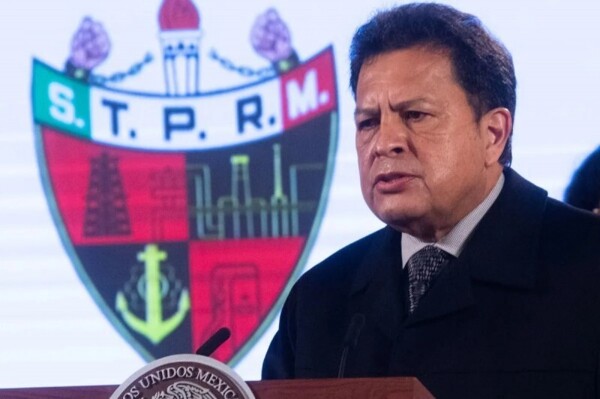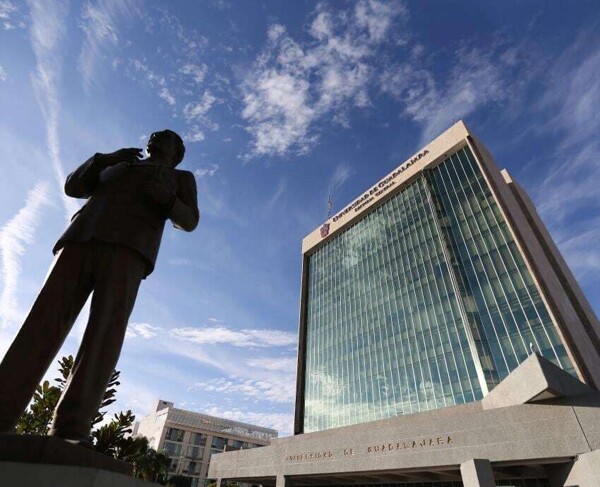
The ruling group in Mexico plans to enshrine a provision in the Constitution that guarantees the inviolability and unchallengeability of any decision they make regarding the constitutional text. This concept has been termed "constitutional supremacism." It is expected that this measure will be implemented this week, which worries many sectors of Mexican society.
With this new provision, it is anticipated that the possibility for citizens, civil or political groups, as well as businessmen, to challenge decisions they consider violate their rights will be limited. Even procedural errors in constitutional amendments could be exempt from being questioned, which would create a scenario of absolute power for those in control in this regard.
It is criticized that this constitutional reform could grant excessive power to a specific group that self-identifies as supremacist and operates under a presidency of Marxist inspiration. This scenario raises the possibility that political minorities could lose representation in the chambers, as well as that groups that do not align with certain ideological currents could be criminalized.
It is noteworthy that this initiative is driven by a majority party and its allies, despite its electoral legitimacy being questioned. The handling of electoral processes and the granting of greater representation than that obtained at the polls has generated controversy and has been harshly criticized by various sectors of Mexican society.
Amid this controversy, statements have been made by officials and political leaders who emphasize the defense of democratic decision-making and the supposed protection of legality. However, these claims have been met with skepticism from critics and opponents, who see this constitutional reform as a clear attempt to concentrate power in the hands of a specific group, to the detriment of plurality and the separation of powers.














